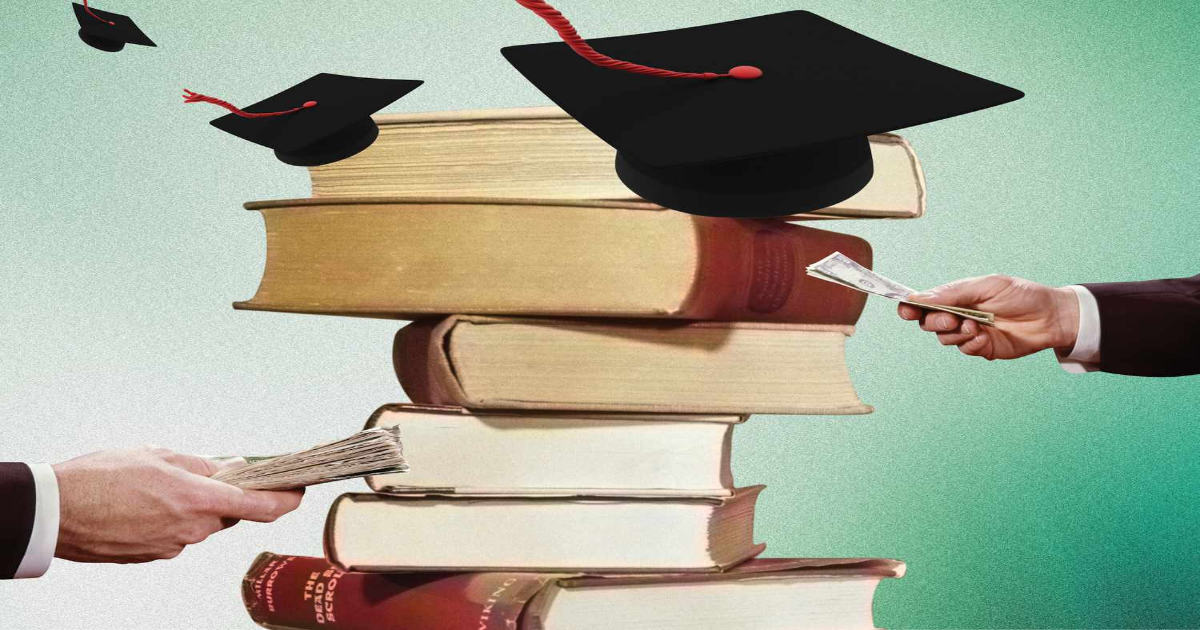- The Department of Education will restart collections processes on defaulted federal student loans on May 5.
- The Department of Treasury will contact defaulted borrowers over the next two weeks with information about ways to get back into good standing. This summer, the department will begin to garnish their wages if they have not taken steps toward restarting payments.
- More than 5 million student loan borrowers are in default and an additional 4 million are in late stage delinquency, the department said.
The Department of Education will resume collections of defaulted federal student loans in two weeks.
The Department of Treasury will restart student loan collections on May 5. Over the next two weeks, the department will start contacting defaulted borrowers to ask for a payment, help them enroll in an income-driven repayment (IDR) plan, or sign them up for loan rehabilitation.
If borrowers continue to miss payments going into the summer, the Federal Student Aid (FSA) will place them in administrative wage garnishment. This means borrowers who do not pay on their defaulted loan could see up to 15% of their income withheld from their paycheck and sent to their loan holder.
“If you are a student borrower with a federal loan balance and haven’t been making payments, you must restart payments now,” Linda McMahon, Secretary of the Department of Education, wrote in an op-ed published by the Wall Street Journal. “Our Federal Student Aid office is providing every form of assistance we legally can to ensure that a monthly payment can fit into your budget.”
According to the Department of Education, more than 5 million borrowers are in default. Another 4 million are in late-stage delinquency and have not paid for 91-180 days. The department said that if these borrowers continue to miss payments, almost 25% of federal student loan borrowers will be in default.
During the COVID-19 pandemic, borrowers were not required to make their monthly payments. The payment pause ended in October 2024. After the pause ended, however, many did not restart paying, and about 2.7 million likely saw their credit card rating drop in February because of student loan debt.
The department said FSA will “conduct a robust communications campaign,” including emails and social media posts about restarted payment collections.
